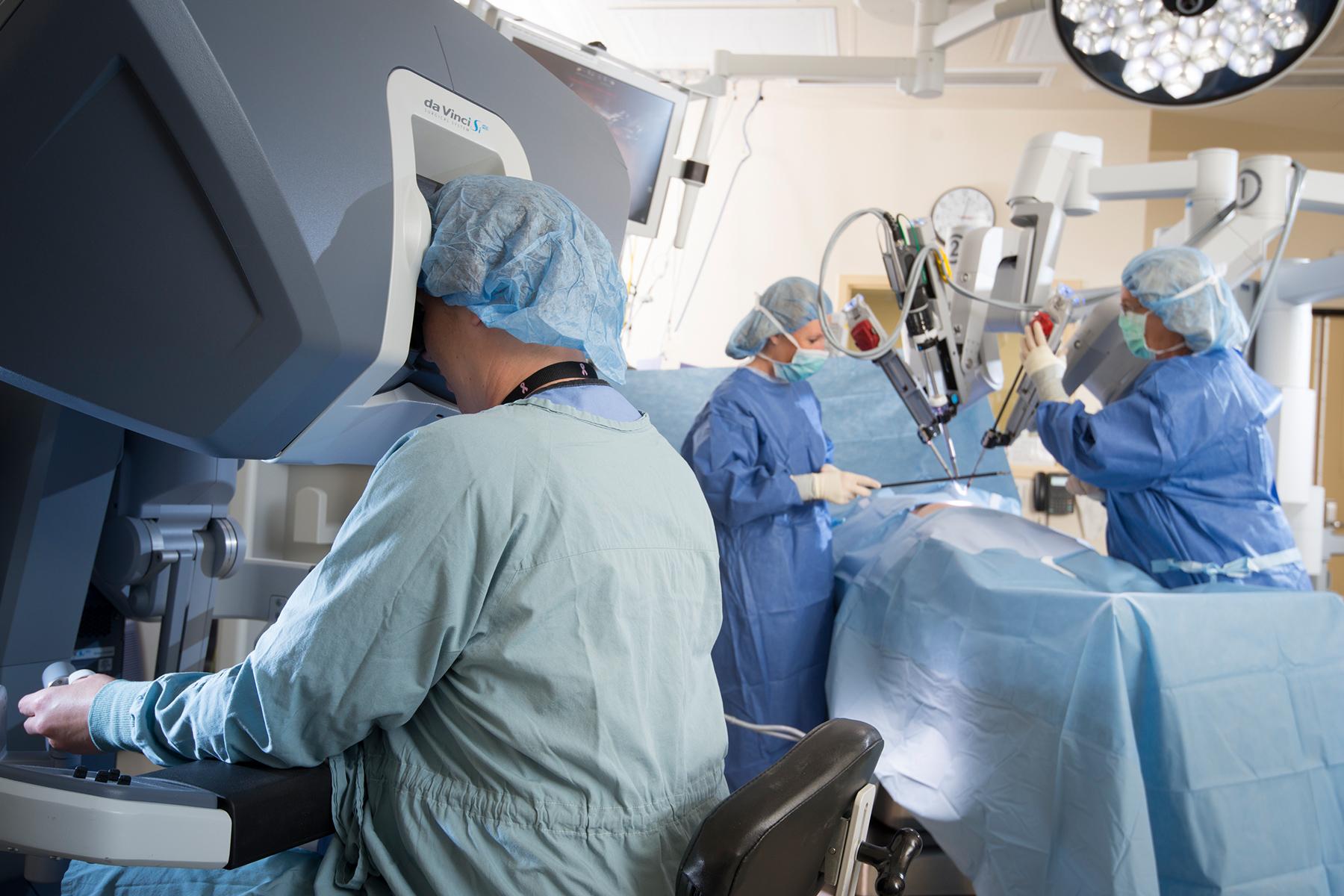A robot, STAR, designed by John Hopkins University researchers has successfully performed the first laparoscopic surgery on pigs without human help, thus, advancing the science of robot-assisted procedures.
The Smart Tissue Autonomous Robot (Star) carried out the delicate keyhole or laparoscopic surgery, which involved connecting two ends of an intestine, in four animals. The robot is guided by a structural light based three-dimensional endoscope and machine learning based tracking algorithm. According to a paper published in Science Robotics, the robot excelled at a procedure that requires high-level precision and repetitive movements.
Connecting two ends of an intestine is arguably the most challenging step in gastrointestinal surgery, requiring a surgeon to apply stitches – or sutures – with high accuracy and consistency, experts say. pic.twitter.com/8QBT9b5Uhk
— Metro Science & Tech (@Metro_Tech) January 27, 2022
“Our findings show that we can automate one of the most intricate and delicate tasks in surgery: the reconnection of two ends of an intestine,” said Dr Axel Krieger, Johns Hopkins University, adding, “The STAR performed the procedure in four animals and produced significantly better results than humans performing the same procedure.”
An assistant professor of mechanical engineering at Johns Hopkins, Dr Krieger helped create the robot, a vision-guided system designed specifically to suture soft tissue. It improves a 2016 model that repaired a pig’s intestines but required a large incision to access the intestine and more guidance from humans.
“What makes the Star special is that it is the first robotic system to plan, adapt, and execute a surgical plan in soft tissue with minimal human intervention,” Dr Krieger said.
A breakthrough in robot-assisted procedures, the laparoscopic surgery enables doctors to enhance this practice.


























